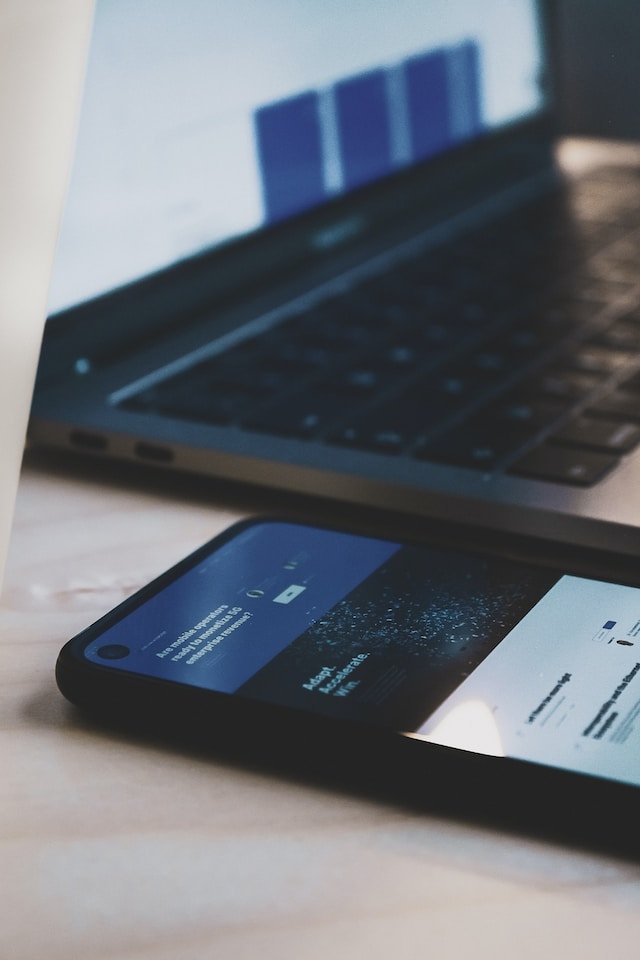When we think about the dark web, we often imagine a mysterious underworld full of cybercrime and illegal activities, which can be worrying for both individuals and organisations. So, in this blog, we’ll explore its intricacies, the risks it poses, and essential protective measures to stop potential threats.
What is the Dark Web?
The dark web is a secret part of the internet that regular search engines can’t find. Therefore, you need special software to access it, making it hard to track who’s using it. It’s known for illegal activities, like selling drugs and stealing information.
However, using the dark web can be dangerous, as law enforcement tries to stop these activities.
What happens on the Dark Web?
People are able to buy products illegally and anonymously, as well as sell illicit goods and services. This includes drugs, weapons, counterfeit currency, stolen data (such as credit card information and login credentials), and hacking tools.
The dark web is rife with scams and fraudulent schemes, including phishing kits, Ponzi schemes, and identity theft services. Users can also purchase fake documents, passports, and driver’s licences.
Unfortunately, the dark web is also a platform for the distribution of exploitative content, including child pornography, revenge porn, and other forms of illegal or unethical material.
Now while much of the dark web is associated with criminal activities, there are also areas dedicated to whistleblowing, activism, and anonymous communication. Platforms like SecureDrop allow whistleblowers to submit sensitive information securely to journalists and media organisations without fear of reprisal.
How can you protect yourself against potential threats?
To protect yourself against dark web threats, it’s crucial to adopt a proactive approach and exercise caution in your online activities. Start by ensuring that your software and security tools are up-to-date to defend against known vulnerabilities. Activate firewall and antivirus protection on your devices and regularly scan for malware. Practise strong password management by using unique, complex passwords and changing them regularly.
Be cautious of suspicious links and emails, verifying their authenticity before clicking or providing personal information. Limit the amount of personal information you share online, especially on social media platforms. Encrypt your communications and use secure payment methods when making online purchases.
Educate yourself about dark web risks and employ anonymity tools if exploring the dark web for research purposes. Finally, seek professional assistance if you suspect any compromise of your personal information or encounter suspicious activities online. By following these measures, you can better protect yourself against dark web threats and safeguard your privacy and security online.









